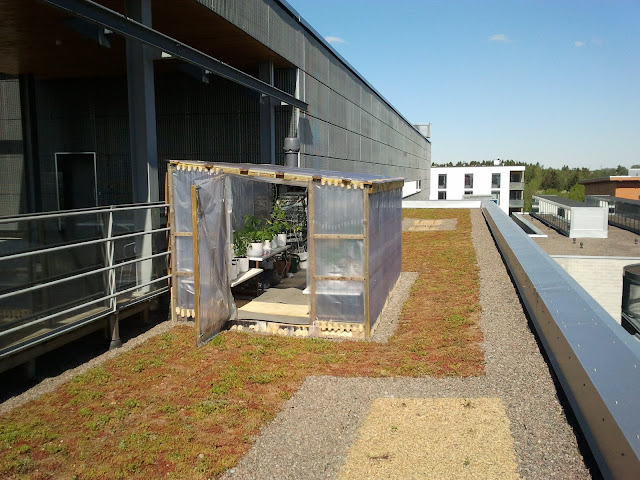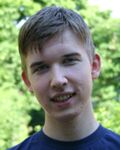Renewed Carat App Gives a Smart Boost to Battery
After launch in June 2012, Carat has helped over 850,000 users, of which 41 per cent have been Android and 59 per cent iOS users, respectively. The new user interface follows modern application design guidelines and presents battery information in a more intuitive and easy to use manner.
- In addition to the new user interface, we have increased the accuracy of the energy saving recommendations of Carat, says Professor Sasu Tarkoma, the leader of this research done at the university.
The user interface features the number of energy intensive applications (Hogs), energy anomalies (Bugs) and user recommendations (Actions) at a glance on the main screen as well as global energy statistics for the device community.
Free application telling you what is using up the battery of your mobile device
Carat is a free application that tells you what is using up the battery of your mobile device, whether that's normal, and what you can do about it. Carat helps you avoid certain energy-hungry applications and compare your battery lifetime to other users. Based on the energy usage data, the Carat Project research team continuously develops new techniques to solve mobile device related energy consumption and battery problems.
The new application version has better support for new versions of the Android operating system, including Android 5.0 and 6.0.
The new version of Carat is currently available for download in Google Play for most Android devices, and the iOS version will be soon published for iOS devices in the App Store.
The newest Carat version is also always available for non-Google Android devices at: http://is.gd/caratandroid
For research on this project, see http://carat.cs.helsinki.fi/#Research
For more information, contact Professor Sasu Tarkoma, University of Helsinki, Department of Computer Science, +358 40 506 2163, sasu.tarkoma@helsinki.fi
With kind regards,
Minna Meriläinen-Tenhu, Press Officer, @MinnaMeriTenhu, +358 50 415 0316, minna.merilainen@helsinki.fi


